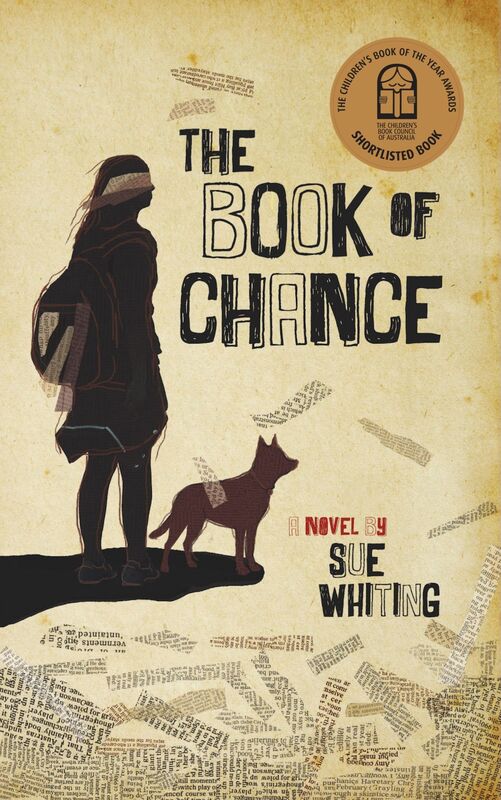|
I have always been a huge fan of Sue Whiting. I first saw her in action in 2010, when she presented sessions at a school Literary Festival. Students and staff were mesmerised! From memory, she called students to the front, recreating a ‘true-life’ adventure about Antarctica, complete with beanies and props, and lured everyone in with simply sublime storytelling. The punchline? “It was all a lie.” The young audience was gobsmacked. How could a story, with so much intrigue and detail, not be true?
This is how Sue Whiting works. Her stories lure readers in, involving them from the first page. In The Book of Chance, the opening sentence is a beauty – “I’m starting this story at the end.” What follows is an intriguing, thought-provoking and page-turning mystery. I devoured it in one sitting. Chance Callahan’s life is turned upside down when a reality TV show begins filming, and secrets and lies are exposed. Chance reluctantly has to face the reality that life isn’t black and white, and that deception, regardless of intention, can have significant consequences. Sue Whiting respects her young audience, and raises issues about social media, family and identity, the meaning of ‘truth’ and the plight of refugees without a hint of condescension. Complex characters and ethical dilemmas combine with plot twists and tension to create a story that will stay with the reader for a long time. The Book of Chance would be a wonderful book to explore with Stage Three and Stage Four students. Some ideas are below: Social and emotional learning
0 Comments
Leave a Reply. |
Categories
All
If browsing, remember to click the arrow at the bottom of the page for more content.
|

 RSS Feed
RSS Feed
